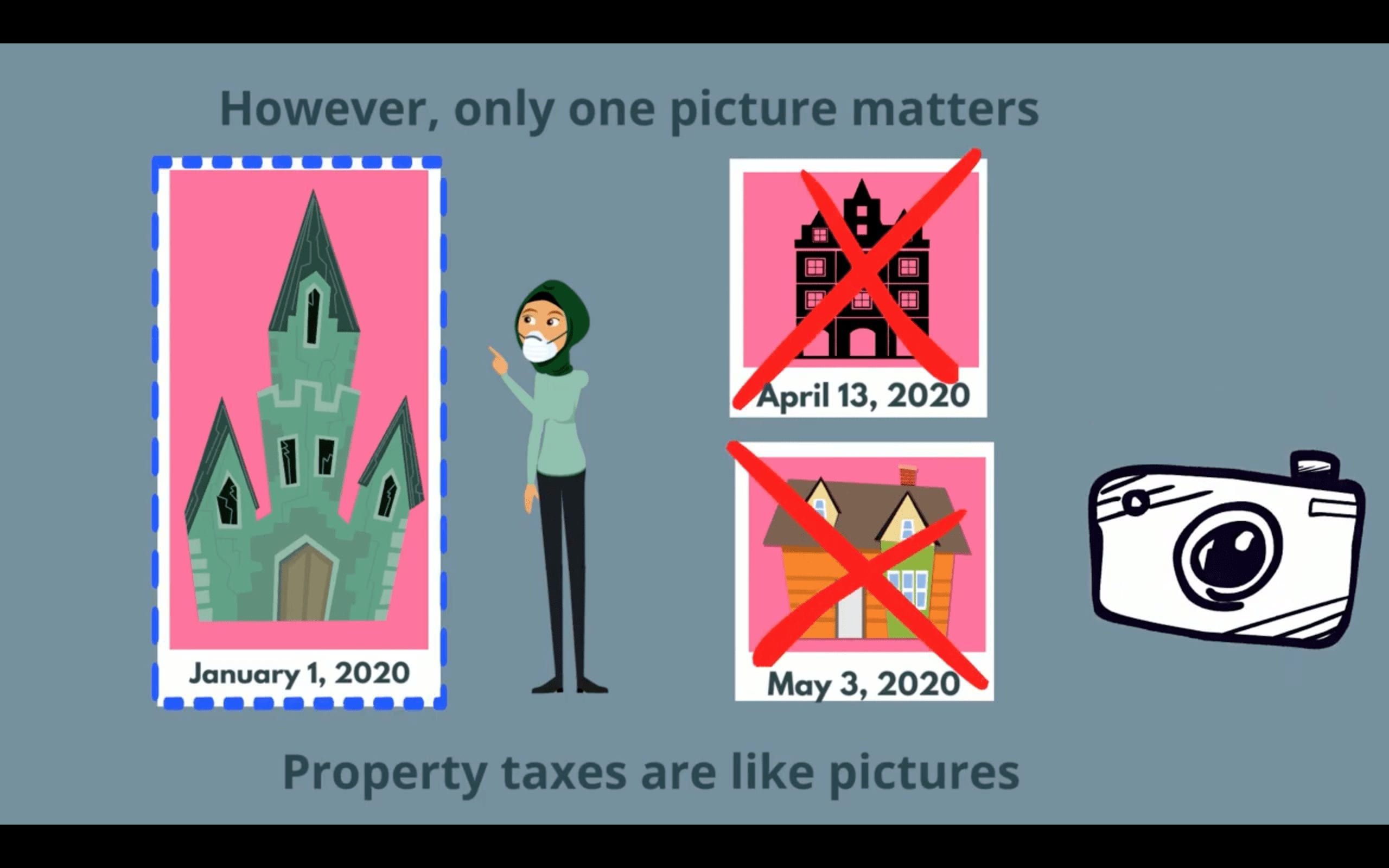The valuation of properties on Santa Clara County’s assessment roll topped $551.5 billion – likely a peak of Silicon Valley’s decade of economic growth.
The net valuation of all real and business property, which determines property tax rates, increased by $35.5 billion – a 6.87 percent increase from 2019’s $516 billion valuation, with the help of tech company offices calling the South Bay home.
Construction on major commercial and multi-family housing projects accounted for 17.5 percent of this year’s increase in value, while ongoing development plans by Google, Adobe and Jay Paul in San Jose’s core “contributed significantly,” according to the county Assessor’s Office. Additionally, all properties had a 2 percent increase in assessed value, due to mandates of Proposition 13, which caps property tax increases until homeowners sell.
Sunnyvale and Mountain View led growth in Santa Clara County as of January 1, with 10.3 and 8.9 percent, respectively. Saratoga and the unincorporated areas of the county recorded the smallest year over year growth of 4.34% and 2.64%, respectively.
County Assessor Larry Stone delivered the annual assessment roll this week, despite barriers of shelter-in-place orders, and said the valuation has grown by $255.5 million since the 2008 recession.
“There is little doubt that the 2020 assessment roll captures the peak of the longest economic boom in Silicon Valley’s history,” Stone said.
But from the peak of a historic years-long boom to the worst economic crisis since the Great Depression, a lot has changed in the last six months.
Stone sees 2020 as a transition year for property assessments, since these numbers are based on market values at the start of the year. While a decline was expected after a decade of economic prosperity, the veteran assessor is now gearing up for a “crash landing,” rather than a gradual decline because of the COVID-19 pandemic and resulting economic shutdown.
“Next year will not be as positive, as we will be considering the full economic impact of COVID-19 on real estate values,” Stone said. “Unfortunately, we are facing a ‘crash landing’, that one analyst described as like being in a wheelchair pushed down a very long flight of stairs.”
The primary beneficiaries of property tax revenue are public schools, community colleges, cities and the county. Officials said 50% of local property tax revenue generated in Santa Clara County goes to public education


Temporary Reduction in Assessed Value
For homeowners and businesses wondering why assessed values of most properties haven’t already dropped to match these unprecedented times, Stone explained that the timeline for assessments are hindered by the law.
Essentially, his office is required to take snapshots of neighborhood values on and around January 1 — before any of the financial turmoil from the coronavirus began.
Stone said a modest number of properties have seen their assessed values reduced this year – to the tune of $875 million – but as the post-COVID world continues to turn, next year could be a different story.
“There is little doubt on January 1, 2021, the market value of many commercial properties will be eligible for significant temporary reductions,” Stone said. “Bottom line: relief is likely coming, unfortunately just not this year.”


When it comes to single-family residential homes, however, he said the market has buoyed, due in part to fewer homes for sale and lower interest rates.
Property owners should check their mailboxes, as 493,000 assessment notices were mailed June 30 ahead of property tax bills arriving in the fall. Any homeowners who can demonstrate that their market value is lower than the assessed value are encouraged to request an informal review of their assessment.
Residents can apply for a reduction online, and informal reviews will be made through the Aug. 1 deadline for property tax bill changes.
Contact Katie Lauer at [email protected] or follow @_katielauer on Twitter.



Leave a Reply
You must be logged in to post a comment.